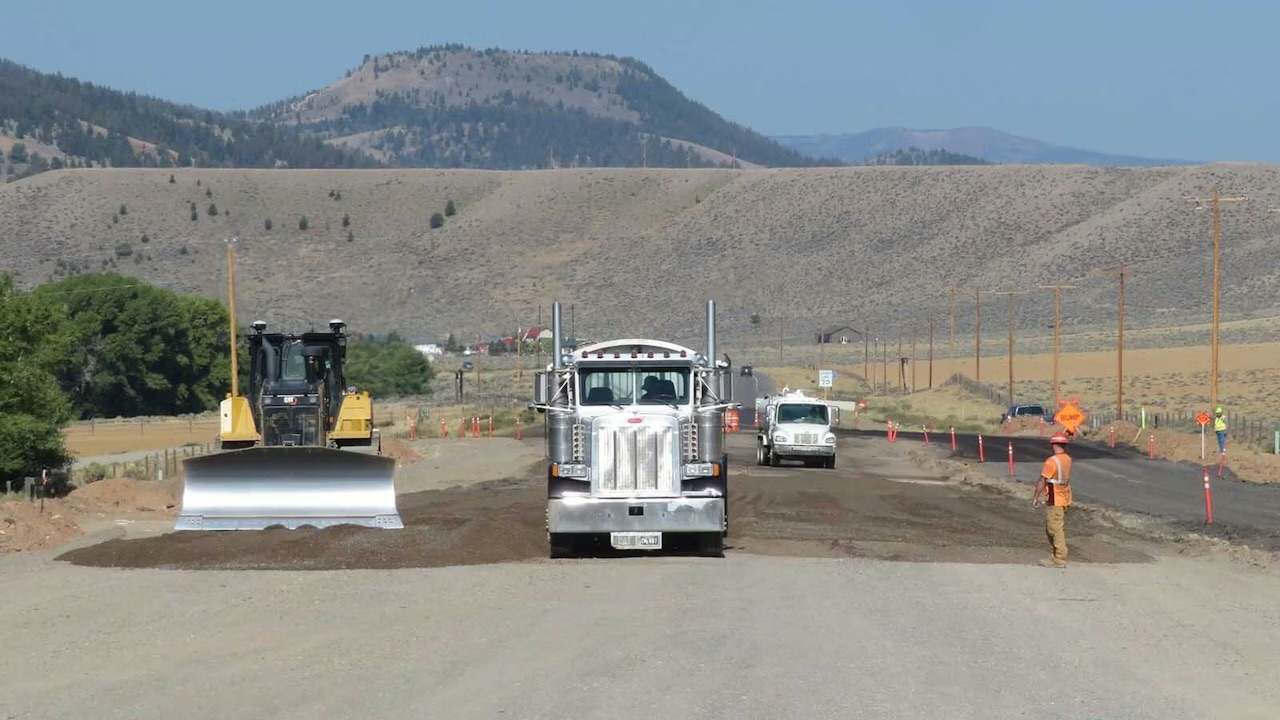Oil Prices Rise Amid Growing Middle East Tensions and US Military Precautions

Oil prices climbed sharply on Wednesday as heightened geopolitical concerns in the Middle East prompted market reactions and raised fears of potential supply disruptions, the Financial Times reports.
Brent crude, the international oil benchmark, surged 5% in afternoon trading in New York, reaching $70 per barrel—its highest level in months. US benchmark West Texas Intermediate (WTI) experienced a similar increase, climbing to its highest point since April.
The price spike followed a decision by the US Department of Defense to authorize the voluntary departure of dependants of American military personnel stationed in parts of the Middle East. The move, announced by Defense Secretary Pete Hegseth, came amid increased regional tensions, although specific reasons for the decision were not disclosed.
“The safety and security of our service members and their families remains our highest priority,” a US defense official said, adding that US Central Command (Centcom) is closely monitoring the evolving situation in the region.
The State Department also announced it was reducing its diplomatic presence in Iraq, citing ongoing evaluations of embassy staffing based on security considerations. In a separate advisory, Britain’s Royal Navy Maritime Trade Operations office noted a rise in tensions that could “lead to an escalation of military activity” with potential implications for commercial shipping in the region.
While details remain unclear, market analysts suggested the oil price surge may reflect a market that is currently “short” on crude—betting prices will fall—and highly sensitive to risk. Jorge Montepeque, managing director at Onyx Capital, described the rally as “an overreaction that shows the market is a bit short and full of angst.”
The increase in tensions comes as the US and Iran remain locked in indirect negotiations over Tehran’s nuclear program. The Biden administration has proposed an interim agreement aimed at curbing Iran’s uranium enrichment activities, but Tehran has rejected the proposal and insisted on its right to continue enrichment under international agreements.
President Donald Trump, speaking with The New York Post, expressed skepticism about a near-term diplomatic breakthrough, stating he was “less confident now of a deal being made,” while reaffirming his preference for diplomacy over military action.
Iran’s Defense Minister Aziz Nasirzadeh warned Wednesday that Tehran would respond forcefully to any military attack.
“All US bases are within our reach,” he said, signaling readiness to retaliate if provoked.
Despite the heightened rhetoric, western diplomats indicate that Iran is seeking a peaceful resolution to secure relief from economic sanctions. Negotiations are reportedly set to continue, with a possible sixth round of talks planned, though this has yet to be confirmed by the US or Oman, which has served as a mediator.
Helima Croft, head of global commodity strategy at RBC Capital Markets and a former CIA analyst, noted that even though the Pentagon’s order is not a full evacuation, such decisions typically reflect serious underlying intelligence assessments.
“This raises the spectre of a heightened threat environment in the region,” she said.









The latest news in your social feeds
Subscribe to our social media platforms to stay tuned